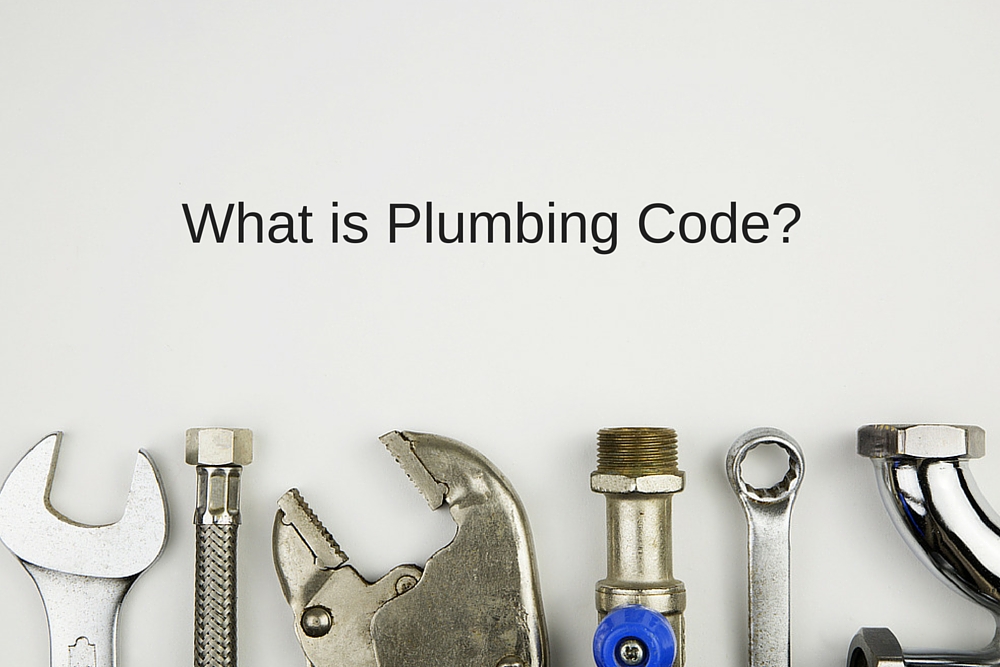 If you’ve heard people talk about plumbing “code,” you’re probably wondering exactly what it entails. But before we get into explaining what it is, first let’s talk about what it’s not.
If you’ve heard people talk about plumbing “code,” you’re probably wondering exactly what it entails. But before we get into explaining what it is, first let’s talk about what it’s not.
We are not referring to some sacred code of honor followed by all professional plumbers. (Although, that wouldn’t be a completely horrible idea.) There isn’t a universal truth all plumbers are expected to follow. However, there ARE important rules and regulations that need to be adhered to if you’re completing work that involves the installation of drinking water, or sewer or toilet facilities in homes, offices, factories, schools and hospitals. And … you guessed it … the government is responsible for enforcing those regulations.
Outlining what’s considered to be the best and most modern methods to be used in plumbing installations, the plumbing code is imposed by cities, counties, and states. These regs typically require that all such work be done in the safest way possible in order to avoid serious issues that would harm the community, like widespread disease and other health or environmental problems.
What is Plumbing Code and Who Sets It?
The Universal Plumbing Code, or UPC, is determined by the International Association of Plumbing and Mechanical Officials (IAPMO). Most jurisdictions in the U.S. and the plumbers therein follow the UPC, which is consistently updated to account for new knowledge and technologies every few years. However, it’s important to remember that the UPC is distinct from your local code. Although the UPC is the general standard set forth, it’s likely that your city, county, or state may have a different code of its own.
So how does this affect the DIY plumber? If you’re unsure about your local plumbing codes, it’s highly recommended that you contact the proper local authority before beginning any project to ensure you’re following the law. And if you’re project is big enough to warrant hiring a plumbing professional, only work with a licensed plumbing contractor.
Because both the UPC and your local codes are meant to protect you, your family, and your community, it’s extremely important that the be upheld for the protection of public health and safety.
Action Plumbing is fully licensed to perform both residential and commercial projects, and our professionals are available to assist you with any project you have. For more information on how the local plumbing codes work or licensure, contact an Action Plumbing representative today.